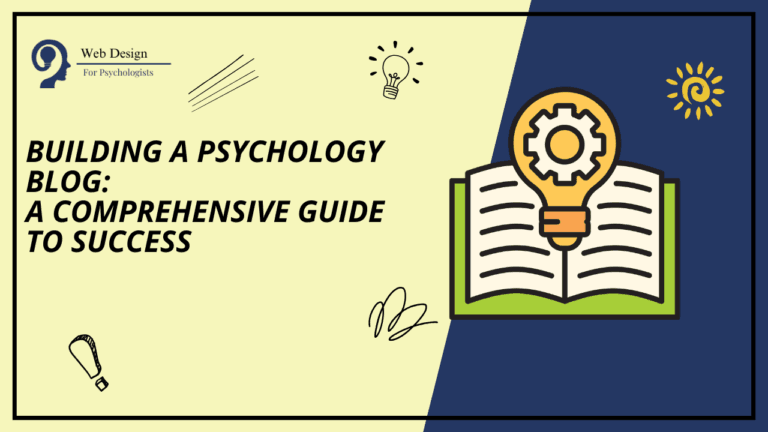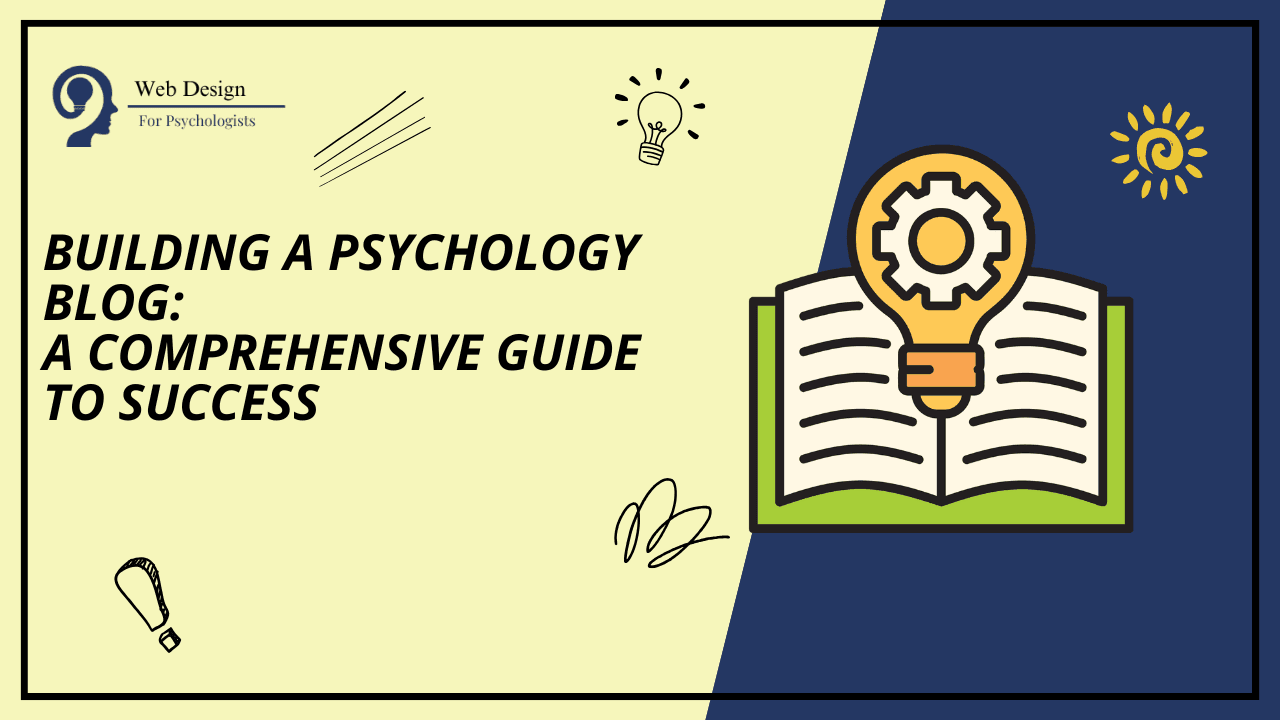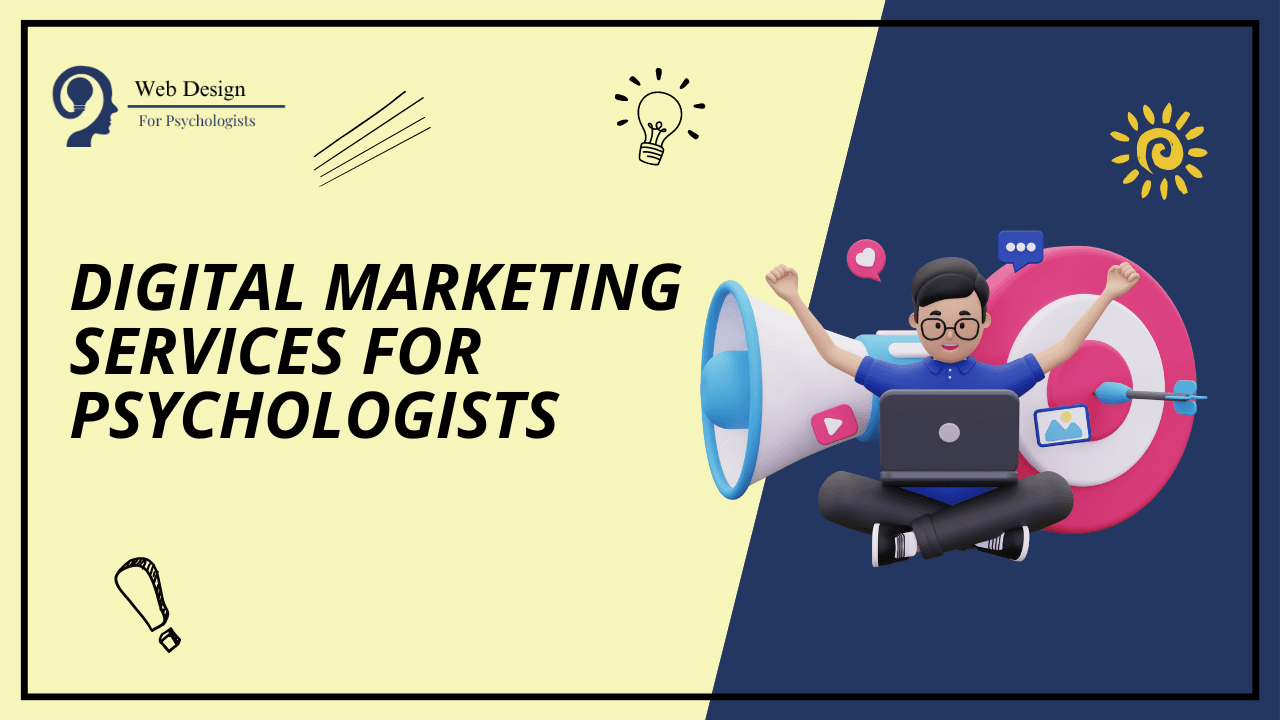In today’s digital landscape, having an online presence is essential for professionals across all fields, including psychology. A well-crafted blog can serve as a powerful platform to share insights, connect with clients, and establish authority in your niche. This article will guide you through the process of building a psychology blog, explore topic ideas for psychology blogs, and offer strategies for promoting your blog effectively.
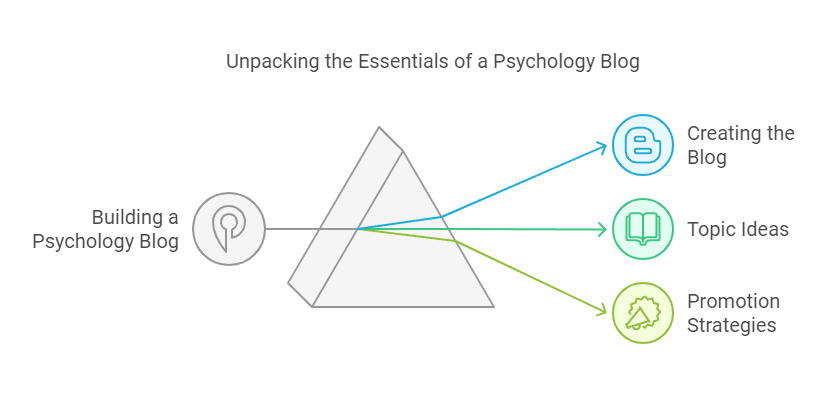
Why Start a Psychology Blog?
Before diving into the mechanics of building a blog, it’s important to understand why having one is beneficial:
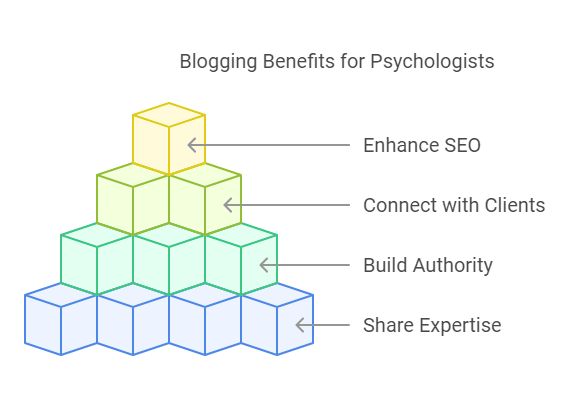
1. Share Expertise: As a psychologist or mental health professional, you possess valuable knowledge that can help others. A blog allows you to share this expertise with a broader audience.
2. Build Authority: Regularly publishing insightful content helps establish you as an authority in your field.
3. Connect with Clients: Blogging provides an opportunity to engage with current and potential clients by addressing common questions and concerns.
4. Enhance SEO: A regularly updated blog improves search engine optimization (SEO), making it easier for people to find your practice online.
Building Your Psychology Blog
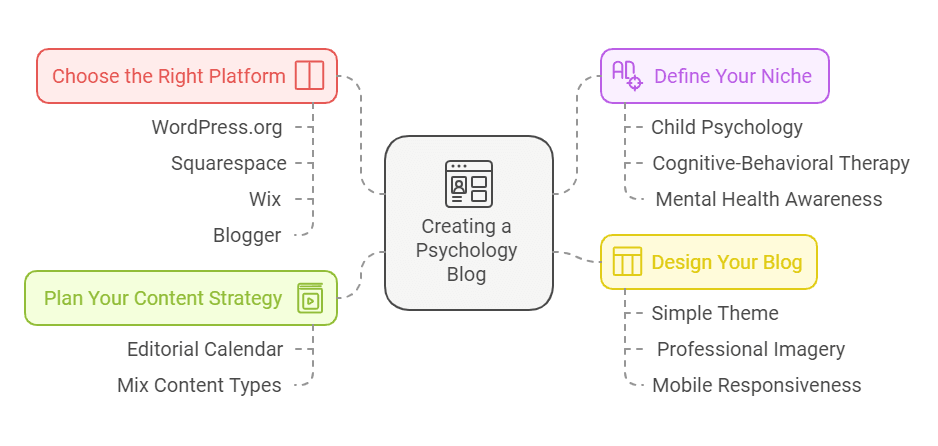
1. Choose the Right Platform
Selecting the right blogging platform is crucial for ease of use and functionality. Popular options include WordPress.org (self-hosted), Squarespace, Wix, and Blogger. WordPress.org is often recommended due to its flexibility and extensive plugin ecosystem.
2. Define Your Niche
Psychology is a broad field; defining your niche helps target specific audiences more effectively. Consider focusing on areas like child psychology, cognitive-behavioral therapy (CBT), mindfulness practices, or mental health awareness.
3. Design Your Blog
Your blog’s design should be clean and professional while reflecting your brand’s personality:
Choose a Simple Theme: Opt for themes that are easy to navigate.
Use Professional Imagery: High-quality images enhance credibility.
Ensure Mobile Responsiveness: Many users access blogs via mobile devices; ensure yours looks good on all screens.
4. Plan Your Content Strategy
Consistency is key when it comes to blogging:
Create an Editorial Calendar: Plan topics ahead of time.
Mix Content Types: Use articles, infographics, videos, etc., to keep readers engaged.
Topic Ideas for Psychology Blogs
Generating fresh content ideas can be challenging but rewarding when done right:
1. Mental Health Tips & Tricks : Practical advice on managing stress or anxiety, Techniques for improving sleep quality
2. Case Studies & Real-Life Examples : Share anonymized case studies showcasing successful interventions
3. Exploring Psychological Theories : Break down complex theories into digestible pieces, Discuss historical figures in psychology
4. Mindfulness & Well-being Practices : Guided meditation scripts, Benefits of mindfulness in daily life
5. Interviews with Experts : Q&A sessions with fellow psychologists or mental health advocates
6. Book Reviews & Recommendations : Review popular books related to psychology, Recommend resources for further reading
7.Current Events Analysis : Analyze recent news from psychological perspectives
8.*Personal Reflections/Experiences * : Share personal stories about working within this field
By diversifying these topics throughout different posts ,you’ll not only maintain reader interest but also showcase breadth depth knowledge which ultimately strengthens credibility.
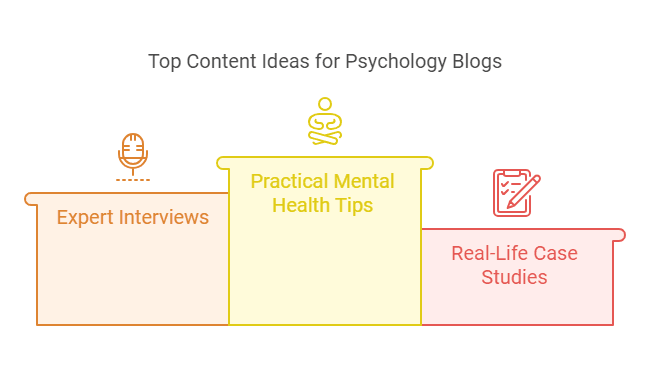
Promoting Your Psychology Blog Effectively
Once you’ve built solid foundation engaging content ,it’s time focus promotion :
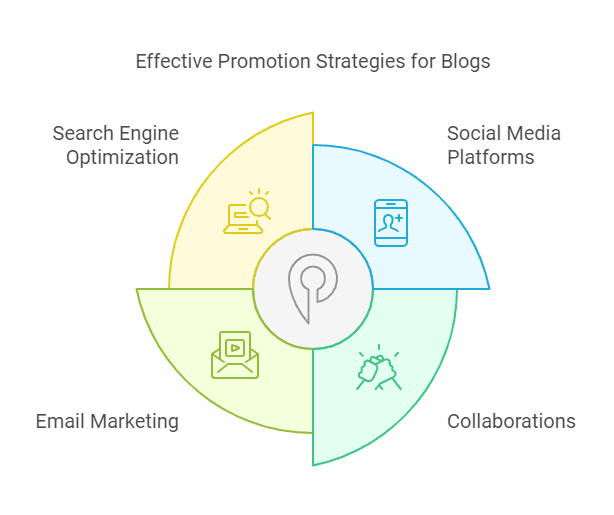
1. Leverage Social Media Platforms
Social media platforms such Facebook Instagram Twitter LinkedIn great ways drive traffic site :
Share snippets upcoming articles attract attention
Engage followers discussions comments section
Join relevant groups communities expand reach
2. Collaborate Other Bloggers Influencers
Collaborating other bloggers influencers similar niches mutually beneficial way increase visibility :
Guest post each other’s sites exchange backlinks
Co-host webinars podcasts cross-promote audiences
3. Utilize Email Marketing Campaigns
Email marketing remains effective tool nurturing relationships subscribers :
Send regular newsletters featuring latest posts exclusive content offers
Encourage sign-ups offering free resources downloadable guides e-books
4. Optimize Search Engines
Search engine optimization critical ensuring people find easily :
Conduct keyword research incorporate naturally throughout text headers meta descriptions alt tags images
Focus long-tail keywords capture specific queries potential visitors might have
Conclusion
Building successful requires dedication planning execution . By choosing appropriate platform defining clear niche designing user-friendly interface crafting compelling consistently promoting strategically leveraging various channels ,you’ll position yourself authoritative voice within community attract steady stream engaged readers who value insight expertise bring table . Remember though takes effort upfront payoffs significant terms increased exposure enhanced reputation expanded client base ultimately helping more individuals lead healthier happier lives through shared wisdom experience gained over years practice study .

